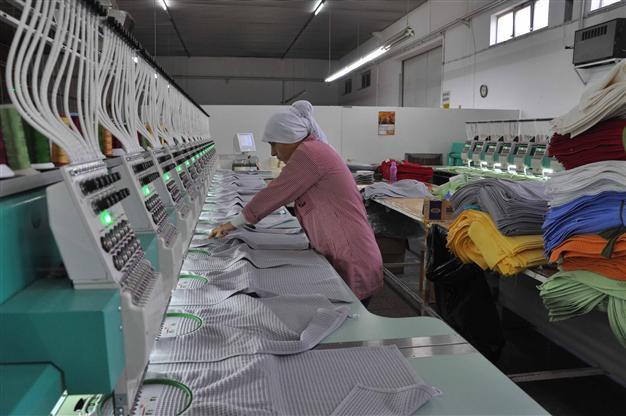Turkey’s micro small and medium enterprises benefit from World Bank financing
WASHINGTON

DHA Photo
The World Bank’s Board of Executive Directors has said it approved a micro, small and medium enterprises (MSMEs) and large enterprises (LEs) supply chain finance project for Turkey in the amount of $200 million in a written statement on Dec. 23.The main development objective of the project is to improve access to finance for MSMEs and longer-term finance to LEs involved in domestic supply chains benefiting MSMEs.
The project is consistent with and supports the Turkey Country Partnership Strategy (CPS) of the World Bank Group for the FY12-16 period, which includes the strategic objective of enhancing competitiveness and employment by providing medium and long-term funding to MSMEs, according to the statement.
The project will have a single component for the establishment and operation of a credit facility. The final project beneficiaries will be MSMEs as well as LEs which implement investments to improve their production and enhance their competitiveness. The World Bank’s financing will be provided through the intermediation of Halkbank, which will directly lend to MSMEs and LEs.
“MSMEs are estimated to account for 99 percent of all enterprises in the country and yet they continue to face significant barriers to accessing finance,” said Johannes Zutt, World Bank country director for Turkey on the occasion of the loan approval.
“The World Bank has been working through various channels to support MSMEs and develop the availability of long-term finance in Turkey. By continuing to support MSMEs through a period of growing global economic uncertainty, we hope to promote their ability to grow, compete and create more and better jobs, so that the Turkish economy can continue to rise to higher income status,” he noted.
MSMEs are the most affected by access to finance constraints, despite playing a critical role in employment and growth. At the same time, LEs that lack access to long-term finance are indirectly holding back MSMEs that have been integrated into the LEs’ local supply chains. Over the past ten years, the World Bank has provided three credit lines focused exclusively on access to finance for SMEs, out of a total of 13 credit lines. Other credit lines have been focused additionally on exporters and energy efficiency.
The lending instrument for the project is an IBRD Flexible Loan with a fixed spread and 20-year maturity including four years of grace period, level principal repayments and a commitment-linked repayment schedule, according to the statement.
















